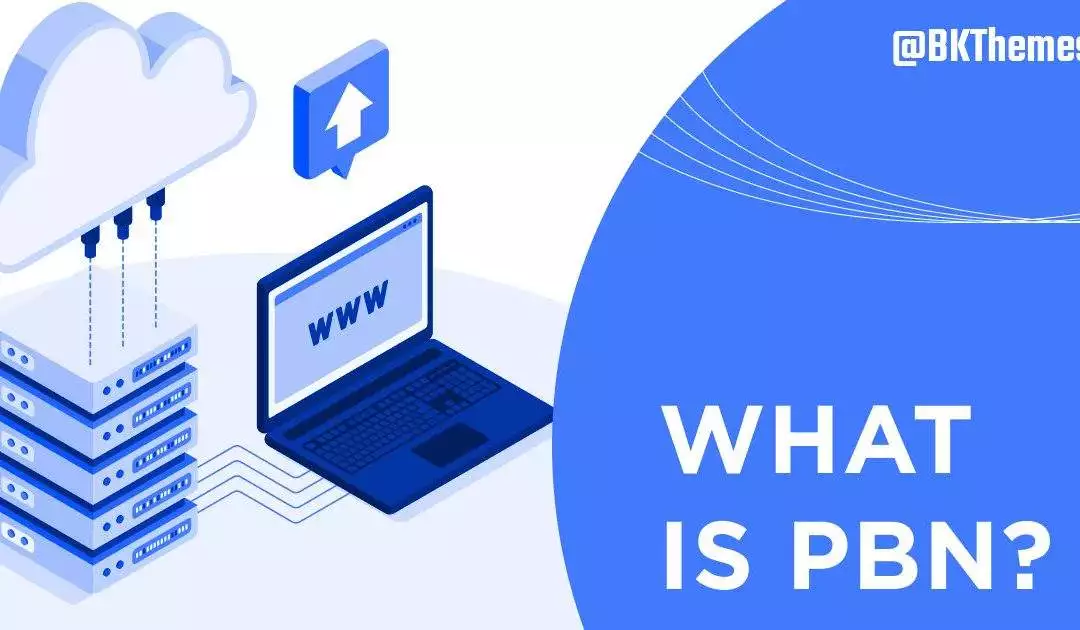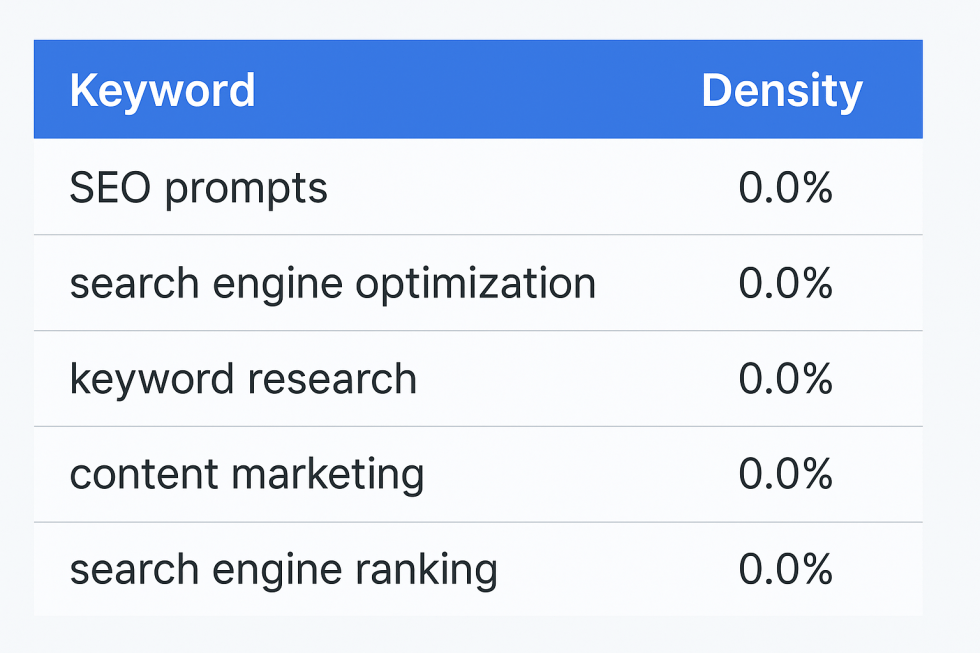
In the world of SEO, few topics spark as much debate as Private Blog Networks (PBNs). Whether you're a seasoned marketer or a curious beginner, understanding PBNs is crucial for making informed decisions about your SEO strategy. This comprehensive guide explains what PBNs are, how they work, and the risks and rewards associated with using them.
What is a PBN?
A Private Blog Network (PBN) is a collection of websites that are owned and controlled by a single entity with the primary goal of building backlinks to a "money site." The money site is the main website you want to rank higher in search engine results. By linking multiple PBN sites to the money site, SEO practitioners aim to increase its authority and improve its rankings.
How Does a PBN Work?
The concept behind PBNs is simple:
-
Acquire Expired Domains: PBN owners often purchase expired domains with existing authority and backlinks.
-
Create or Revamp Websites: These domains are turned into new websites with fresh content to make them appear legitimate.
-
Link to the Money Site: The PBN sites link to the money site using keyword-rich anchor text to boost its rankings.
The idea is to manipulate search engine algorithms by creating the appearance of organic backlinks from high-authority websites.

Why Do People Use PBNs?
Despite their controversial nature, PBNs remain popular for several reasons:
-
Control Over Backlinks: Unlike guest posts or outreach, PBNs allow full control over the number, placement, and anchor text of backlinks.
-
Faster Results: PBNs can deliver quicker ranking improvements compared to traditional link-building methods.
-
Access to High-Authority Links: Using expired domains with existing backlinks creates an illusion of high-quality links pointing to the money site.
Are PBNs Black Hat SEO?
Yes, PBNs are considered a black hat SEO technique because they violate Google's Webmaster Guidelines. Specifically, they fall under the category of "link schemes" designed to manipulate search rankings.
Google's algorithms are increasingly sophisticated at detecting manipulative practices, and using PBNs can result in severe penalties.
Risks of Using a PBN
While PBNs may offer short-term gains, they come with significant risks:
-
Google Penalties: If Google detects a PBN, your money site could face penalties, including loss of rankings or complete de-indexing.
-
High Maintenance Costs: Building and maintaining multiple websites requires investment in hosting, content creation, and domain renewals.
-
Time-Consuming Management: Keeping a PBN network operational involves consistent updates, security measures, and monitoring.
-
Reputation Damage: Being associated with black hat techniques can harm your brand's credibility.
How to Spot a PBN
Knowing how to identify a PBN can help you avoid unintentionally engaging with one. Here are some red flags:
-
Identical Design Patterns: Similar layouts, themes, or plugins across multiple sites.
-
Generic or Low-Quality Content: Thin, irrelevant, or poorly written articles.
-
Unusual Linking Patterns: Overuse of keyword-rich anchor text pointing to the same target site.
-
Shared Hosting IPs: Multiple sites hosted on the same IP address.
Ethical Alternatives to PBNs
If you want to boost your site's rankings without risking penalties, consider these white-hat SEO strategies:
-
Guest Blogging: Contribute high-quality content to reputable websites in your niche.
-
Create Link-Worthy Content: Publish in-depth, valuable content that naturally attracts backlinks.
-
Build Relationships: Network with industry influencers and websites for organic link-building opportunities.
-
Leverage Social Media: Share your content on social platforms to increase its visibility and reach.
-
Monitor Competitors: Use tools like Ahrefs or SEMrush to analyze competitor backlinks and find legitimate link-building opportunities.
Is Using a PBN Ever Worth It?
While some SEO practitioners argue that PBNs can be effective in highly competitive niches, the risks often outweigh the rewards. Search engines are becoming more adept at detecting manipulative practices, and the penalties can devastate your online presence.
Conclusion
A Private Blog Network (PBN) is a controversial and risky SEO strategy designed to manipulate search rankings. While PBNs might offer short-term gains, their long-term risks—including Google penalties and reputational damage—make them a less viable option in today's SEO landscape. Instead, focus on ethical, white-hat strategies that build your website's authority and credibility sustainably. By investing in quality content, outreach, and user experience, you can achieve long-lasting success without resorting to risky tactics.
📧 Stay Updated
Get the latest web development tips and insights delivered to your inbox.




